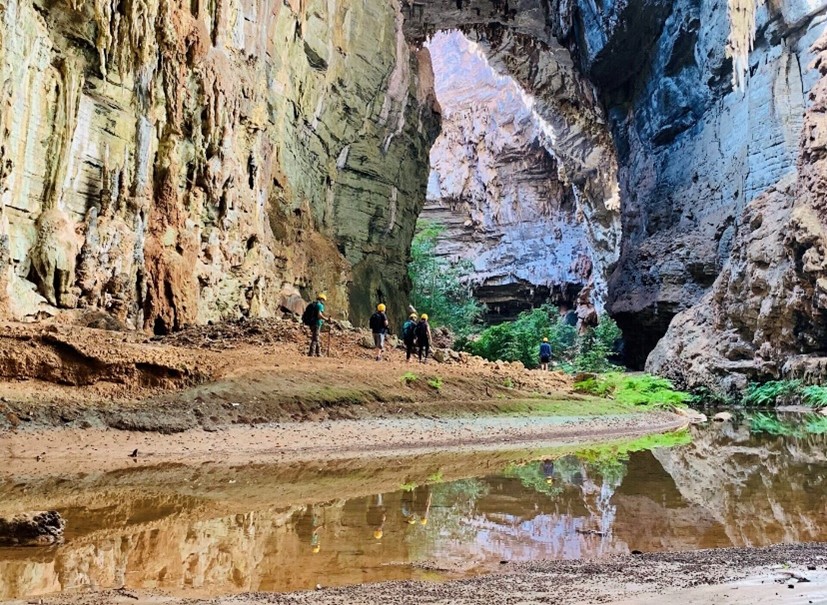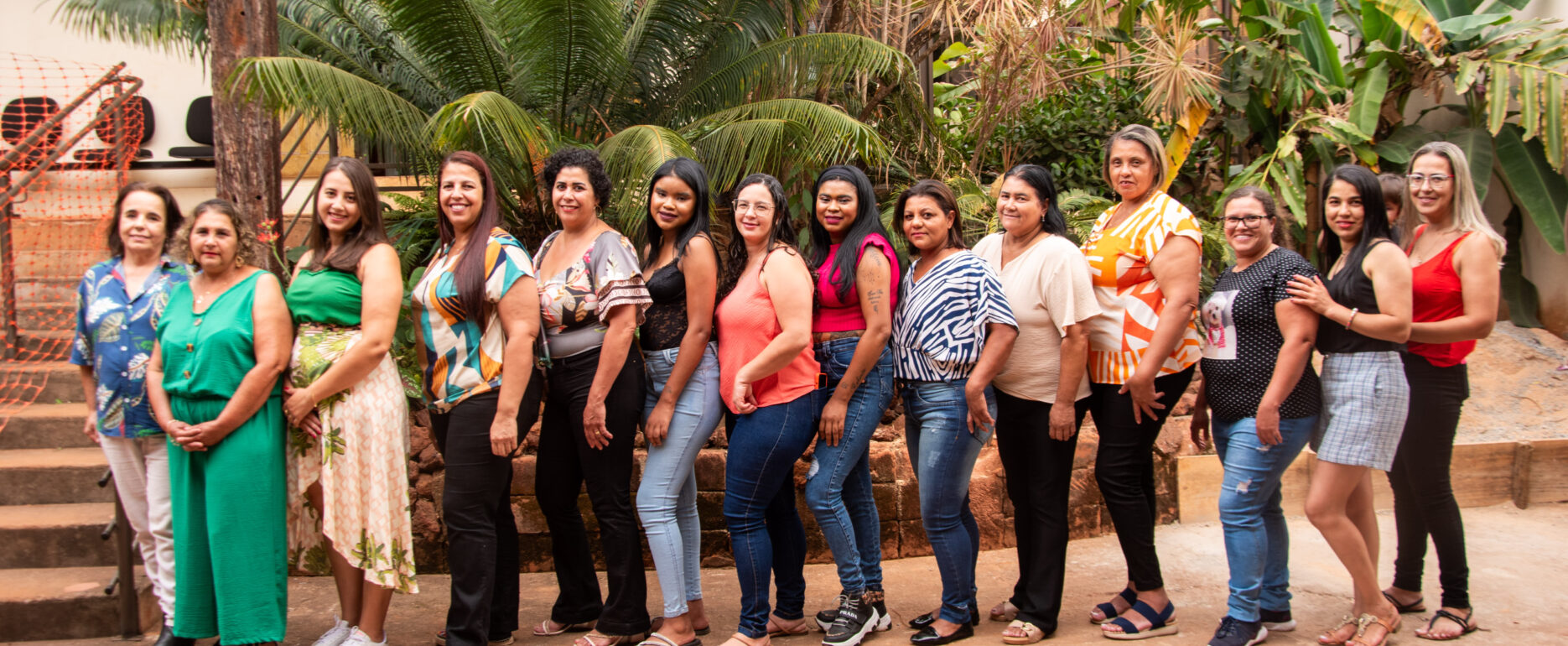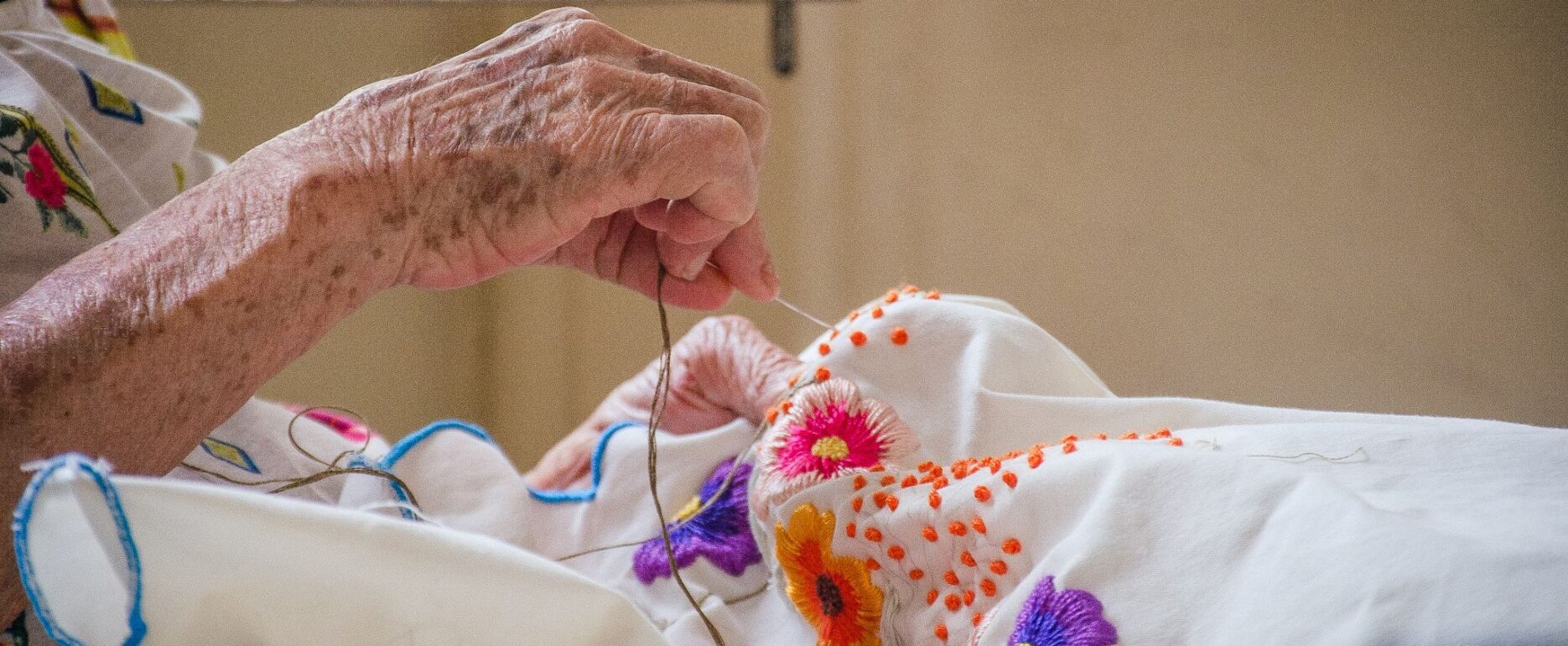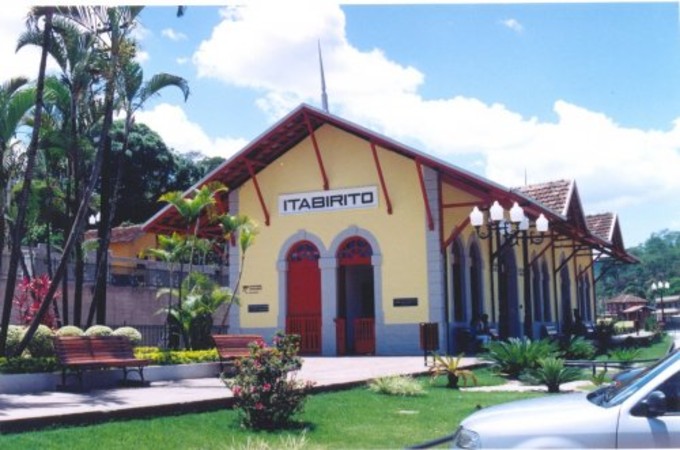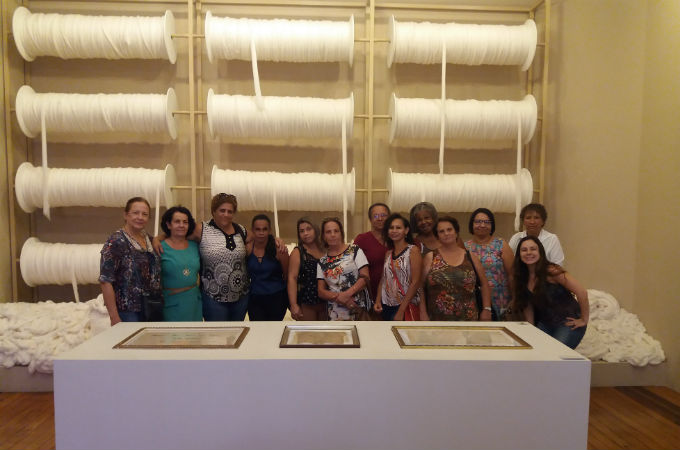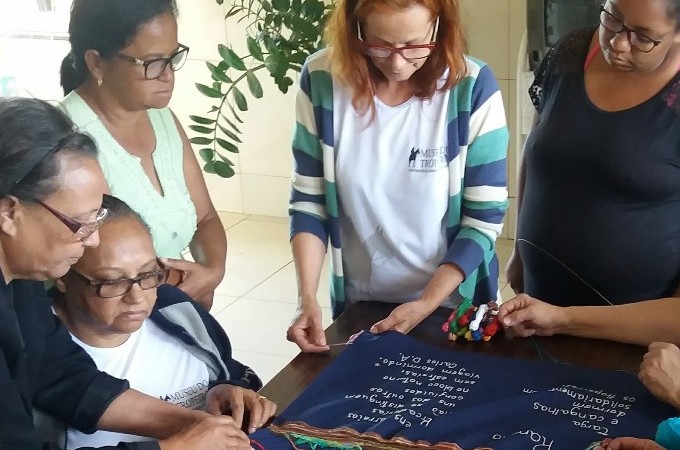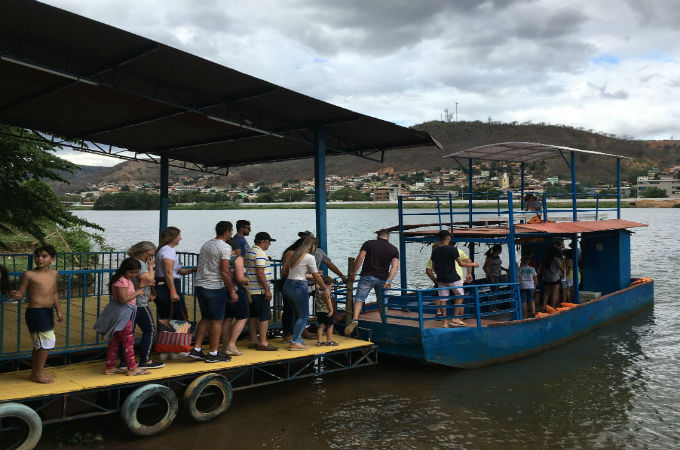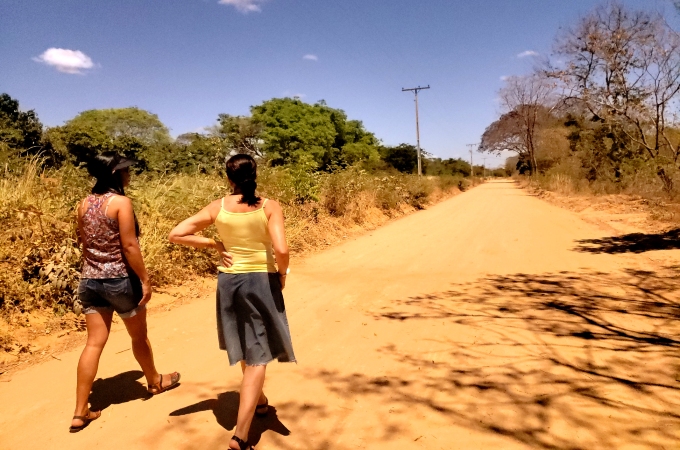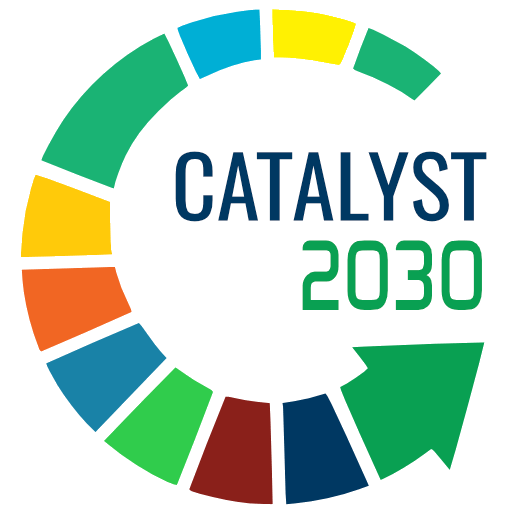Income generation projects
Bufunfa, bolada, grana, trocado, tutu – these are some of the many slang terms, synonyms for “money”, found in Brazil. The truth is that money is necessary for many things in our lives, but especially to grant us dignity: to have food to eat on our plates and for basic health and sanitation. And that is where income generation comes in.
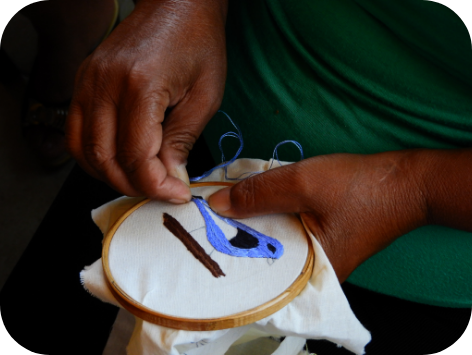
“The generation of work and income comprises the creation of new and small production units or the expansion of existing ones. It means encouraging or allowing people to start their own businesses directed to the market in a cooperative, associated or individual way. It also means the generation of economic activity, through small individual businesses or in association/cooperation.”
Minas Gerais Association of Municipalities
But does that mean any work is good work?
The answer is no. Forced labor, modern slavery, human trafficking and child labor need to be eradicated in all of their forms.
We need to “promote inclusive and sustainable economic growth, full time and productive employment and decent work for all.” Decent Work and Economic Growth are two points that are present in the Sustainable Development Goals (SDGs) proposed by the United Nations (UN), Number 8, so that all people can enjoy peace and prosperity.
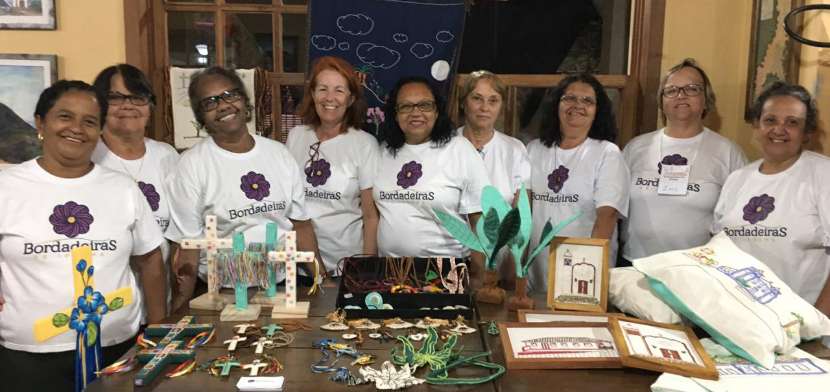
That said, what does Raizes do?
We are a social business – we aim to solve a social problem, are self-sustaining financially and we do not distribute dividends. This means that we have a mission, just like a non-profit organization (NGO), but we generate enough revenue to cover our costs as a traditional business. Therefore, we are in the so-called 2,5 sector (between the second sector, of companies, and the third sector, comprising charities and NGOs).
We have five main fields of activity, including Entrepreneurship and Income Generation. On this front, we design and implement projects in communities, especially traditional ones. These, according to Politics, Traditional Peoples and Communities are “culturally differentiated groups that recognize themselves as such, that have their own forms of social organization, and who occupy and use territories and resources as a condition for their cultural, social, religious, ancestral and economic reproduction, using knowledge, innovation and practices generated and transmitted by tradition.”
The steps for this process include identifying the characteristics and needs of a territory (a need is often brought by those who seek us to develop the project), practicing active listening with the local population to then collectively draw a solution.
The practice
We can, for example: identify an existing network of artisans and/or create from scratch an association of local entrepreneurs working together for the best for the territory. From there, it is possible: to define an agenda of periodic meetings to create a physical space for the functioning of this organism, to make a series of training workshops according to the needs of each group of people – there are many possibilities.
What our experience and learning has given us is the perception that, despite common points, each project is unique. This is because of local characteristics such as culture, identity, climate, historical context, physical structure, etc. And we have specialists to deal with all stages of the process considering these specificities.
The ultimate goal is to contribute to entrepreneurship and income generation, allowing these people to have a decent job, whilst also generating economic growth for the region. Therefore, in addition to technical skills, development of personal and interpersonal skills and governance planning, communication and market access actions are always designed.
Who can hire us to carry out entrepreneurship and income generation projects?
A foundation, a corporation, a network, an organization, an association, etc.
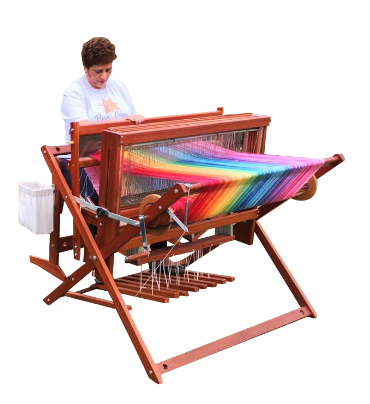
For these reasons, Raizes contributes with two goals* from SDG 8:
8.3
To promote development-oriented policies that support productive activities, decent job creation, entrepreneurship, creativity and innovation, and encourage the formalization and growth of micro, small and medium-sized enterprises, including through access to financial services.
8.9
“By 2030, to develop and implement policies to promote sustainable tourism, which generates jobs and promotes local culture and products.”
Get to know some cases
Do you identify with our purpose and believe that our services can help you and your organization achieve the impact you crave?
Receive our news by email
© Raízes Sustainable Development
Site by NaçãoDesign


